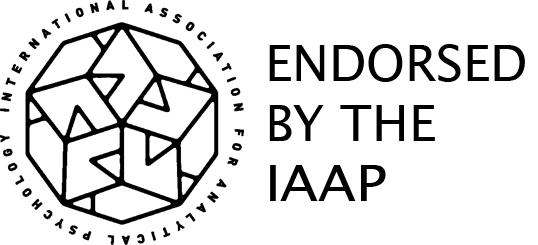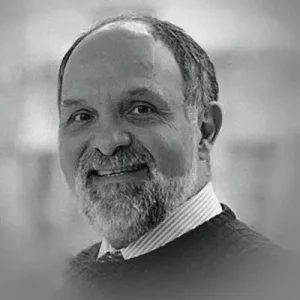In this course, Ken James presents the concepts of complex, archetype, image, and symbol in depth. Each concept will be related to the others and placed within the larger context of Jung’s Analytical Psychology.
Participants will learn not only the theoretical foundations of these key concepts but also how to use each of them to further their own inner work on their journey toward individuation.
Carl Jung left us many vital, yet often challenging, psychological ideas and methods. Dr. Kenneth James is among the best of guides to help us approach and contemplate them. Ken James is a renowned Jungian analyst and gifted teacher. He blends his hand-drawn charts with precise definitions, and presents profound truths with humanity and humor. Carl Jung as taught by Ken James becomes a living doorway to the psyche.
This course will focus specifically on the inter-relationship of complex, archetype, image and symbol, as conceived of by Carl Jung.
Among the many contributions to psychology and psychotherapy initiated by Carl Jung, one of the most important is his idea of the complex. Eventually defined as a ‘feeling-toned set of ideas and images’. The concept of the complex was considered, also by Freud and his followers, to be a significant contribution to the field of psychoanalysis.
Jung’s exploration of the complex led him to consider how complexes form.
While recognizing complex material’s origin in personal experience, Jung wondered about the organized nature of the unconscious. If complexes derived solely from personal experience, the unconscious would likely be haphazard, reflecting one’s personal life experiences. Yet, Jung observed a well-structured sublayer in the unconscious, leading to his theory of the dual-layered unconscious. This theory encompasses the personal unconscious, where the complexes are found, and the collective unconscious, composed of archetypes. Jung speculated that these archetypes might serve as cores for complex formation.
Jung appreciated the capacity of the psyche to generate images, sometimes mundane, sometimes enigmatic. He felt these images contained significance which, if explored, could release healing energy into the work by means of the symbol.
Jung hypothesized that the psyche expressed unconscious contents through the generation of images through what Jung called the transcendent function. If sufficiently valued and reflected upon by the conscious mind, these images could become symbols, carriers of meaning from the unconscious to the conscious mind. This foundational concept led Jung to use images from dreams as essential ingredients in the healing work of analysis.




